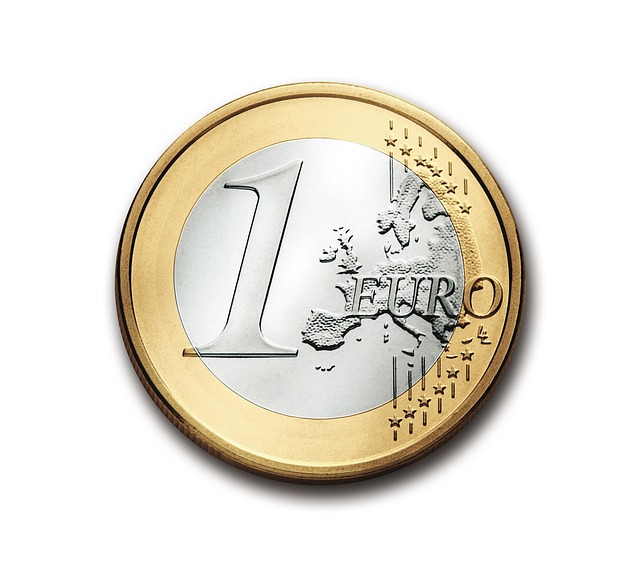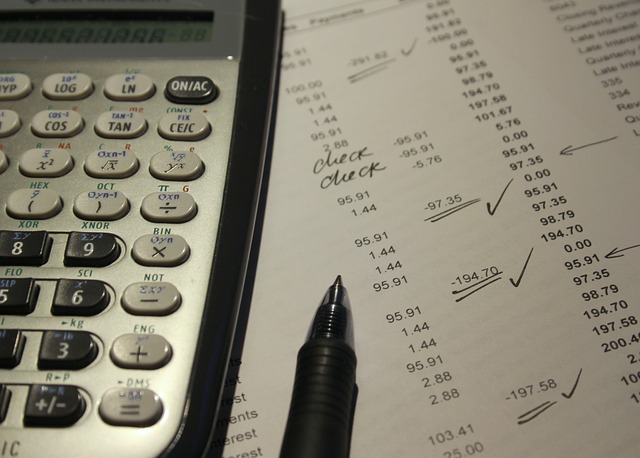Equipment financing is a strategic approach for businesses to acquire assets while managing cash flow, leveraging tax incentives like deferring capital expenses or claiming deductions on lease payments. Understanding various lease types and their tax treatments empowers informed decision-making, optimizes fiscal positions, ensures compliance, and fosters sustainable business models. Many countries offer tax incentives to encourage investment in equipment, aiming to stimulate economic growth by promoting productivity and competitiveness. By staying updated on these benefits and consulting tax professionals, businesses can maximize savings, reduce tax liability, make equipment acquisition more affordable, and reinvest in growth opportunities.
Equipment financing is a powerful strategy for businesses aiming to acquire assets while managing cash flow. However, understanding the tax implications is crucial for optimal financial planning. This article explores the intricate relationship between equipment financing and tax liability management, offering insights into available tax incentives for businesses investing in equipment. We’ll uncover effective strategies to navigate these complexities, ensuring you make informed decisions that leverage valuable tax benefits.
- Understanding Equipment Financing and Tax Implications
- Tax Incentives for Businesses Investing in Equipment
- Effective Strategies to Manage Tax Liability During Equipment Financing
Understanding Equipment Financing and Tax Implications

Equipment financing offers a strategic way for businesses to acquire essential assets while managing cash flow, but it’s crucial to comprehend the tax implications involved. When a business leases equipment, they may be eligible for various tax incentives, such as deferring capital expenditure costs or even claiming deductions on lease payments. These benefits can significantly impact a company’s financial health and overall strategy.
Understanding these tax considerations is essential for businesses to make informed decisions. Equipment financing arrangements can vary, from traditional leasing to operation leases, each with distinct tax treatment. By evaluating these options and exploring available tax incentives, companies can optimize their fiscal position and ensure compliance with regulations, ultimately fostering a robust and sustainable business model.
Tax Incentives for Businesses Investing in Equipment

Many countries offer tax incentives to encourage businesses to invest in equipment, which can significantly reduce their financial burden. These incentives are designed to stimulate economic growth by promoting capital expenditure on assets that enhance productivity and competitiveness. Tax breaks, deductions, and credits are among the most common forms of encouragement. For instance, businesses may be eligible for reduced taxes or refunds when they purchase new machinery, vehicles, or technology. Such measures not only provide relief from immediate tax liabilities but also foster a culture of innovation and investment within the business landscape.
When businesses plan their equipment financing strategies, understanding these tax incentives is crucial. It allows them to make informed decisions about acquisition methods, potentially saving substantial amounts in taxes over time. By leveraging these benefits, companies can enhance their cash flow, reinvest in growth opportunities, or pass on the savings to consumers, thereby boosting overall economic activity.
Effective Strategies to Manage Tax Liability During Equipment Financing

Managing tax liability effectively during equipment financing is crucial for businesses aiming to optimize their financial health. One strategic approach involves leveraging tax incentives offered by both government and financial institutions. These incentives can significantly reduce the overall tax burden, making equipment acquisition more affordable. For instance, some governments provide deductions for interest paid on equipment loans, encouraging investment in productive assets. Businesses should stay updated on these benefits to maximize their savings.
Additionally, structuring equipment financing as a lease rather than a purchase can offer tax advantages. Leases often allow for better depreciation management and potential tax deferral. It’s essential to consult tax professionals who can guide businesses through the complexities of equipment leasing and ensure compliance with relevant regulations. By employing these strategies, businesses can efficiently navigate their tax liabilities while securing the necessary financing for their equipment needs.






